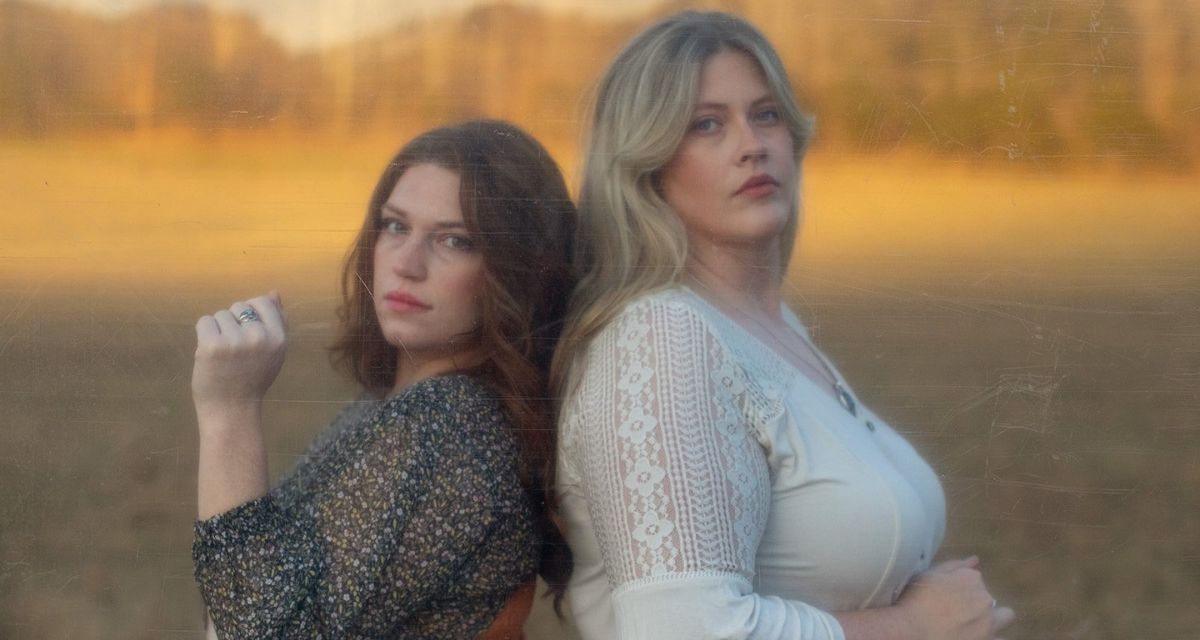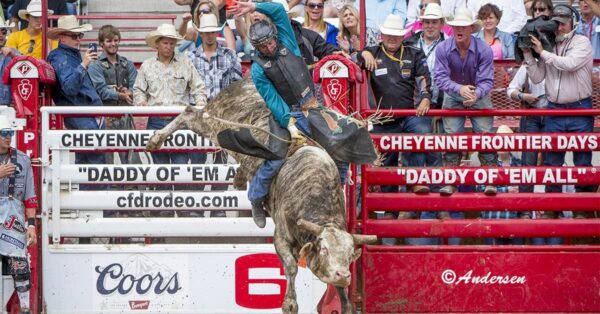If you think the O Brother Where Out Thou soundtrack is pure gold and find great comfort in an all-day Lonesome Dove watching marathon, or if you are a grown-ass woman who is still the same obsessed horse girl, or maybe you just enjoy music with something that has more depth than girls in trucks on a Friday night drinkin’. I have a duo you’ve got to listen to. The Local Honeys band, made up of Montana Hobbs and Linda Jean Stokley are two Kentucky natives who are keeping traditional Kentucky music alive while bringing their own incredibly relatable stories along for the ride.
Both Montana and Linda Jean are from small rural towns. Towns so small it’s not often you’ll hear someone say the names. Instead, they tell you the county so you have an idea of the general area. Music was something that touched both of these ladies at a young age but in starkly different ways.
Picture this: Young Montana riding around in the car with her older brother, who is blasting Nirvana, and Alice in Chains, and then throws on John Prine and Neil Young. To say his taste was eclectic is an understatement. But in my deeply unprofessional musical opinion, those are the best types of people with the best taste in music. Montana took those varieties of sounds and went off to college and fell in love with bluegrass and traditional Kentucky music.
As we move along in this story, Linda Jean enters stage right. Linda Jean ended up at the same college coming from Woodford County, Kentucky. She grew up in the heart of farm and horse land, which heavily bleeds into her lyrics and music. As an unnecessary reminder about life’s cruelty, Linda Jean’s father passed away tragically at the tender age of eight years old. Linda Jean, whose mother instilled in her a deep connection to their animals and the land they farmed, also saw music as a way to deal with grief. She really encouraged Linda Jean’s musical talents after their tragic loss.
Through their love of music and as the fates would have it, they both ended up in a program called the Kentucky Center of Traditional Music at Moerhead University and then joined a small ensemble called the Old Time String Band. This powerful duo, through mentorship with influential bluegrass names like Raymond McClain, Sarah Wood, and Will Parsons, has created music that preserves not only the traditional music of Kentucky and the surrounding area but also music that speaks to the soul of the working man. Or, more specifically, the working man’s wife, friend, partner, and most importantly, the working woman herself.
Songs off the Local Honeys latest self-titled album draw from personal experiences such as the “Last Mule in the Holler,” sharing the history of Montana’s family and their mule-showing legacy. “Dead Horses” is another written from knowing the tragic loss of a sweet animal who gave you all, but you couldn’t save it from its inevitable fate. This particular song is a requirement for all adult horse girls, as we’ve all been there, but never have we heard a song that so accurately relates to the feeling. It’s a song to cry your eyes out to, take a deep breath, and “then count your pretty ponies when you greet the morning light.”
“Throw Me in the Thicket When I Die” speaks to the deep gratitude and connection Linda Jean feels for the land she grew up on, learning the values of hard work and commitment, even through times of trial and tribulation. Lyrics like this one opens the listener up to the understanding that horses aren’t just for a quick ride when you feel like it and also don’t just teach you how to ride:
“My favorite horse is buried on this farm
We would ride amongst the orchard rows
And be scared of snakes together
I was riding high
From toes to crown
My head held up
My heels thrust down
That’s the way I carry myself today”
These beautiful creatures taught us horse girls how to stand tall and be brave even when things get scary. They teach us to treasure and hold our blessings close because those blessings aren’t guaranteed.
The Local Honeys don’t shy away from the hard topics, which is something often missing in many of today’s popular country music. Friday nights in your early twenties spent riding around on muddy dirt roads are great, but those experiences are only a small portion of a person’s life. Addiction, heartbreak, and unpaid kindness are things we all experience and things we all deserve to hear about in the music we consume. If I Could Quit brings up a subject many shy away from. The opioid crisis is alive and well across the country, from big cities to rural towns, with pills being easily accessible through many major insurances. “If only my knees stopped aching from the years of hard, manual labor” and “I can quit if I want” are common thoughts heard in many homes.
The only cover on the entire album is “The L&N Don’t Stop Here No More” written by Jean Ritchie, a Kentucky woman, songwriter, and a large part of the 1960s folk music revival. Her work is often overshadowed by greats such as Pete Seeger, Woody Gutherie, and Joni Mitchell. Jean was a very well-educated woman who understood her surroundings. She wasn’t one to shy away from controversial topics, but in the ‘60s, even she knew the subject of improvising coalminers was sticky so she released the song under a pen name, Than Hall, who was actually her maternal grandfather. Montana and Linda Jean agreed this was one of the most satisfying tracks on the album because it is completely different from the original style. It also pays homage to the boldness all three of these strong women share in their music.
Huge fans of the classic novel and movie Lonesome Dove, Linda and Montana wrote two original songs featuring characters and their struggles for this album. “Dear Woodrow” and “Dumbass, Nebraska” pull out major characters, Captain Woodrow and his one love affair and Clara and her dumbass husband, from the story and sing what may have been their inner thoughts not noted by the original author. A single prostitute at the local bar in Lonesome Dove seems to sing through The Local Honeys, trying to convince Captain Woodrow to settle down and make things Christian. While Clara, who is Gus’s one true love, decides to marry the safe bet and ends up in Dumbass, Nebraska, living a life most unstable and treacherous because her husband didn’t listen.
As has already been stated accurately by another writer, this is an album that is meant to be played in barns but it’s always meant to be played in places where life is happening. Real life. Not just Friday nights where you’re riding high and feeling like everything is going your way. All the other parts of the week and years, where life is great but also challenges you to your core. That is where this music should be played. So is this just an album for Kentucky bluegrass lovers? Far from it. It’s for the horse girls, for the blue-collar folks, for the Lonesome Dove fans, and really for anyone who has experienced struggles and heartaches in their lives.
Check out the Local Honeys website at thelocalhoneys.com for more information and catch them at one of their upcoming shows.
CLN Community & Event Sponsor












